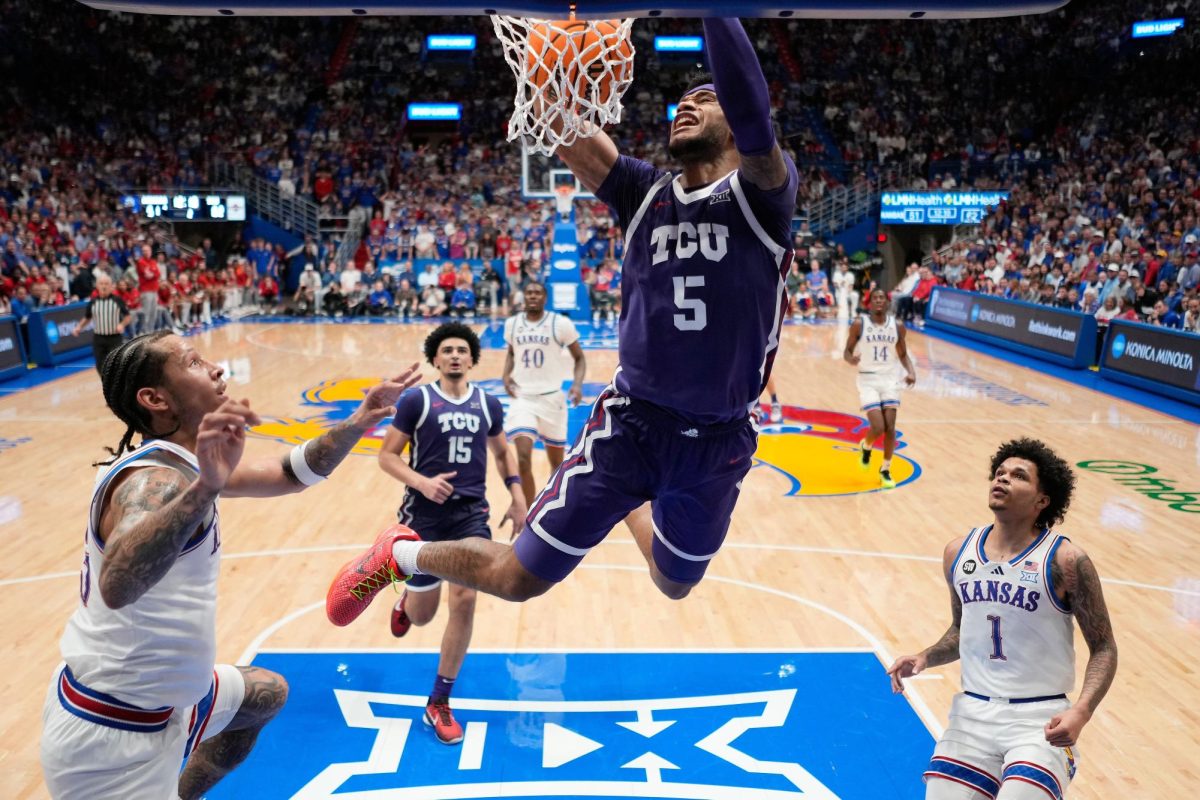Howard University students ask: Do I look suspicious?
Published Apr 3, 2012
Nearly a month after the slaughter of 17-year-old Trayvon Martin, students at Howard University in Washington, D.C., angered by the potential prejudice and racism that prompted Martin’s shooting, created a video entitled, “Am I Suspicious?” The emphasis of the video, created by undergraduate and graduate students of the historically black university, is that “all black males are not suspicious.” More than a dozen Howard students, all symbolically dressed in black hoodies, some possessing bags of Skittles and iced tea — the same items held by Martin before his untimely death — spoke out against the racial prejudice that remains a part of American culture and, more particularly, the American justice system. “Contrary to what America has led me to believe, all young, black males are not suspicious. We don’t deserve to be harassed, murdered, prosecuted or denied the protections of the justice system all because America believes we are suspicious,” a student in the video said. Martin was shot on Feb. 26 in Sanford, Fla., by neighborhood watch volunteer George Zimmerman. Zimmerman followed Martin even after the Sanford Police Department told Zimmerman on a 911 call to cease his pursuit. On the recording of the call, Zimmerman described Martin as “a real suspicious guy… up to no good… on drugs or something… looks black… [wearing] a dark hoodie… and has something in his hands.” The object in Martin’s hands turned out to be a bag of Skittles and his cell phone that he had been talking on for several hours that day. Although Zimmerman admitted to shooting Martin, no arrests have been made due to the Florida “Stand Your Ground” law. According to the law, “A person is justified in using force, except deadly force, against another when and to the extent that the person reasonably believes that such conduct is necessary to defend himself or herself or another against the other’s imminent use of unlawful force. However, a person is justified in the use of deadly force and does not have a duty to retreat if he or she reasonably believes that such force is necessary to prevent imminent death or great bodily harm to himself or herself or another or to prevent the imminent commission of a forcible felony.” The fact remains, however, that Zimmerman followed Martin after being told by Sanford police that he should not do so. The public outcry of foul play across the nation spread from the Rev. Al Sharpton to Jesse Jackson and even President Barrack Obama. As more and more evidence is mounted against Zimmerman, the case for him and his lawyer that the shooting was not racially or prejudicially motivated is becoming starker. As the telephone conversation between Zimmerman and the Sanford Police Department has become public, many believe that Zimmerman said a racial pejorative in relation to Martin: “These a**holes, they always get away…,” and Zimmerman mutters something else later in the conversation that could have been “f**king coons” Is it safe to say that race is still a prevalent issue in the American justice system that unjustly pits young black males as perpetrators of crime and violence all because America perceives them to be suspicious? Although crime has decreased drastically since the early 1990s, the news media portrayals and misrepresentations of blacks have been outlandish. While fewer than 1 percent of all arrests are black-on-white homicides, these acts of violence represent 30 percent of television crime news coverage. A study by the American Behavioral Scientist examined news coverage portrayals for the city of Pittsburgh, which found that 88 percent of media stories portraying blacks were negative. The study further finds that, although white Americans inherently believe that they are more likely to be victimized by a member of a minority group, the fact of the matter is that whites are three times more likely to be victimized by another white person. The question then remains, as asked by the Howard University students: as a young black male, “Do I look suspicious?” Jonathan L. Davis is a junior political science and psychology double major from Niagara Falls, Ontario, Canada.


